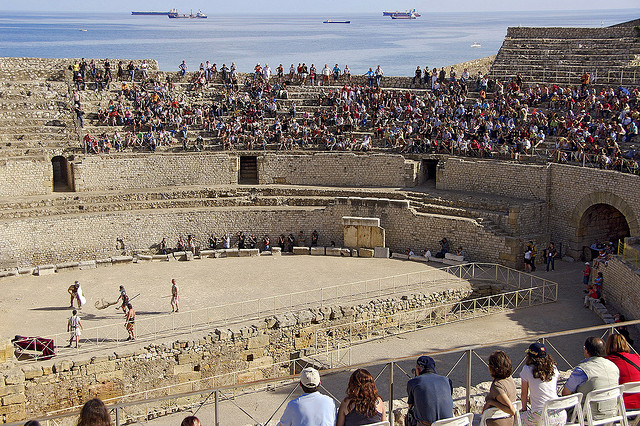Who, or what was the biblical King David without the infamous 5 stones, the slingshot, and the inappropriate battle gear? Without the sloppy ankle, who was Achilles? Let bygones be bygones but let not King Leonidas be forgotten – and let not his 300 well-trained men be sidelined. And well, who were they without their authoritative Spartan rant?
SYNOPSIS:
With the turn of every century, strategies on trends come and go. With that, the demands on competitive advantage increase. But be that as it may, the more things change, the more they stay the same.
DISCLAIMER:
An awful lot of the movies we watch on warfare and combat side-line reality. But some of the lessons within can be entrepreneurially internalised and duplicated into reality.
PERSPECTIVE:
The era in which we reside is also scheduled, back-to-back with combat. For the sake of the 21st Century, we may not be in the literal sword-spear-shield battleground. But in the metaphorical side of things, ours makes for a strategy-skill-speed kind of reality.
If you took all the books in the world, all the commentary, all the data, and distil them down to one principle, that principle would revolve around an answer to one interesting question: “What do you want out of the future?” Companies, individuals, families, lovers, et al – exhaust or invest an awful amount of energy or effort in the hope of increasing their ROE (Return On Equity – but for now let’s call it Return On Energy/Effort). People, even the simplest among us, are creatures of calculation. Be it at a larger scale or a smaller one, we do all that we do all in the name of future-proofing our lives. But as it is with the reality of calculations, we are prone to being dead wrong somewhere in the equation of analysing the past – executing in the present – and planning for the future.
In a business case, the question of “what the future holds?” passes every argument in Strategy speak. Coincidentally, every other question we ask happens to be directly or indirectly filtered through what may happen tomorrow. I happen to be one of those who argue a lot about this fancy word many start-ups seem to like to talk about: “Market Research.” Am I an advocate of the tactic? Yes or no? My answer is yes and no. While I’m dwindling between the two, I’m pretty sure of the fact that whenever an entrepreneur launches a new business or a new product, all their market research is based on what exactly? The past! Market research is good. But all it does is tell you how your customers and your competitors used to think up until now. In the muddy, and pell-mell pace of modern living, it is no longer enough to tackle the future using the past as a point of reference. For example, if you are a Generation Y fella, you may, at some unforeseeable point in your life find yourself in a job that has not yet been created. It’s called uncertainty. It’s the rate at which the world is changing. And we need to be aware of that.
In the prehistoric sword-spear-shield reality, if there was one tactic battle was continuously won on, it had to be preparation. The word itself is a 11-letter word because of what goes into it. It took King Leonidas and his entourage of 300 skilled men many months to devise a secret strategy that would enable him to stand up against the Persian army of 10 000 upon 10 000 fighting slaves. With that, we learn that it is not about how many sales people you hire in your sales force. Delivery comes down to strategy, skill and speed. And it takes a considerable amount of time to prepare and arm yourself with that even as an enterprising individual running a one-man show.
Strategy, in the purest sense of the word, is nothing less than execution. Skill, in the humblest sense of the word, is manner. Speed, simply put – is rate at which you deliver. At some point in the course of humanity, the world stopped accommodating ‘this’ and ‘that.’ At some point, the world was scheduled to change at a rapid rate and result into information moving at the speed of thought. At some point, “WHEN, HOW, WHY,” became the only three words the world started to care about. And right at the bottom of the desire of gaining ascendancy in the industry, one would have to equip oneself with the aforementioned.
If I had to sum it all up, I would liken the young biblical David as a start-up who was well equipped with cutting-edge strategy, skill and speed. Achilles, too. Leonidas, too. They all left the rules of the game at home. And that was their competitive edge.
Simphiwe Makapela is a Professional Speaker, Writer and Entrepreneur. He speaks and writes on all matters regarding Change in the modern and future world of work. Connect with him on Twitter @SimphiweMakap, and with his insights on http://simphiwemakapela.blogspot.com
Image credit: CC by SBA73




